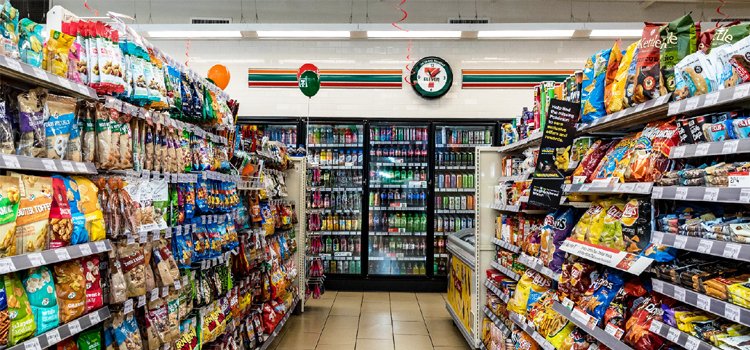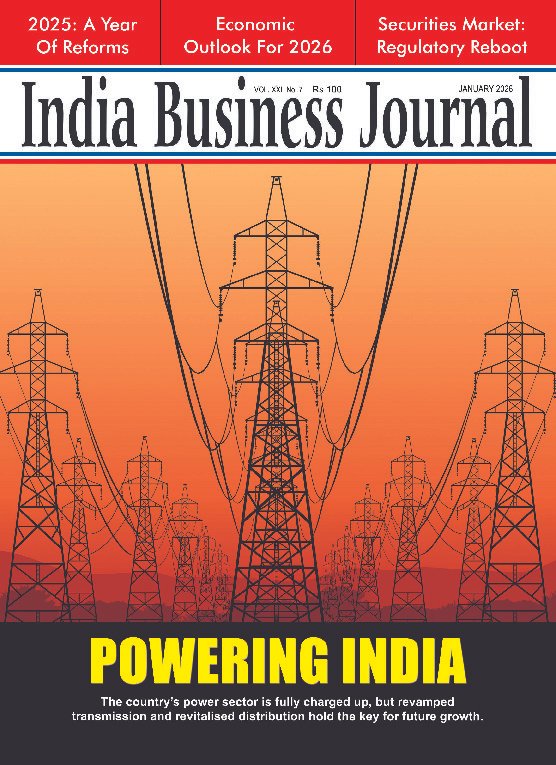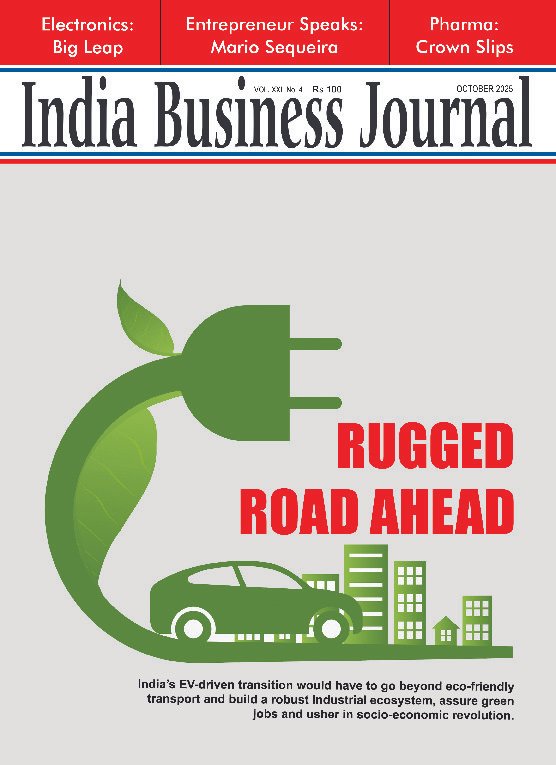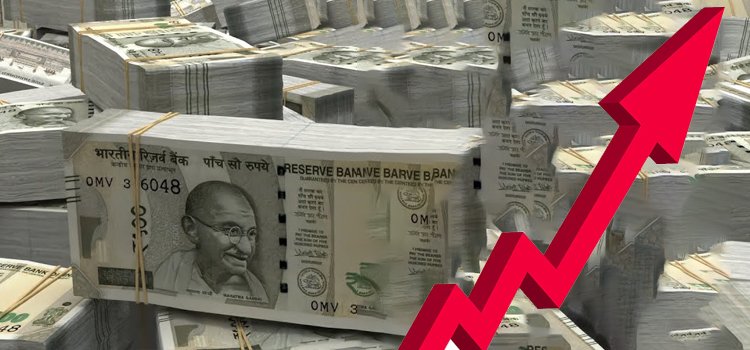WORLD
Companies warn about costly everyday items amid supply chain woes, spike in energy costs
- IBJ Bureau
- Oct 23, 2021

Consumers around the world are about to get socked with even higher prices on everyday items. This dire warning comes from diverse companies, ranging from food giant Unilever to lubricant-maker WD-40 Co as they grapple with supply difficulties.
The maker of Dove soap and Magnum ice cream bars jacked up prices by more than 4 per cent on average last quarter, the biggest jump since 2012 and signalled that elevated pricing will continue into next year. A similar refrain has come from Nestle, Procter & Gamble Co and Danone, whose products dominate supermarket aisles and kitchen cupboards.
“We’re in for at least another 12 months of inflationary pressures,” Unilever CEO Alan Jope said in a Bloomberg Television interview recently. “We are in a once-in-two-decades inflationary environment,” he added.
Companies are facing a dire mix of supply-chain challenges as well as higher costs for energy, raw materials, packaging and shipping. Most consumer goods-makers reporting results this week expressed confidence that they would be able to limit the long-term hit to profitability. That effectively means that the pain passes to consumers, upping the squeeze on pockets as Christmas approaches.
US inflation has accelerated rapidly this year to the strongest since 2008. Across developed economies, the post-pandemic supply-demand imbalances have pushed the rate above 4 per cent for only the second time in the past two decades.
In the UK, the cost of hedging against inflation over the next decade rose on Friday to the highest level in 25 years.
The return of pricing power marks a sea change in the global economy and poses a new challenge for central bankers after years of undershooting inflation targets. They are trying to figure out whether they should quicken the removal of stimulus from pandemic-hobbled economies or stand pat because the price spikes are temporary.
“This is a story that’s consistent across the world,” said Jennifer Lee, a senior economist of BMO Capital Markets. “It’s just something consumers have to resign themselves to right now.”





















Report By
View Reporter News